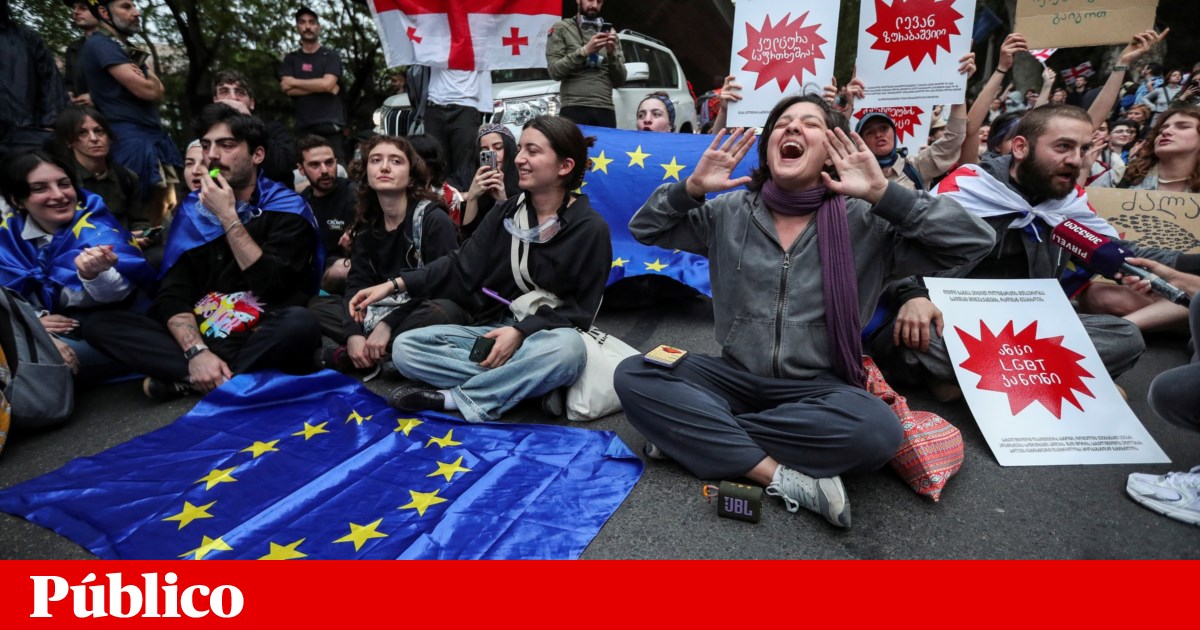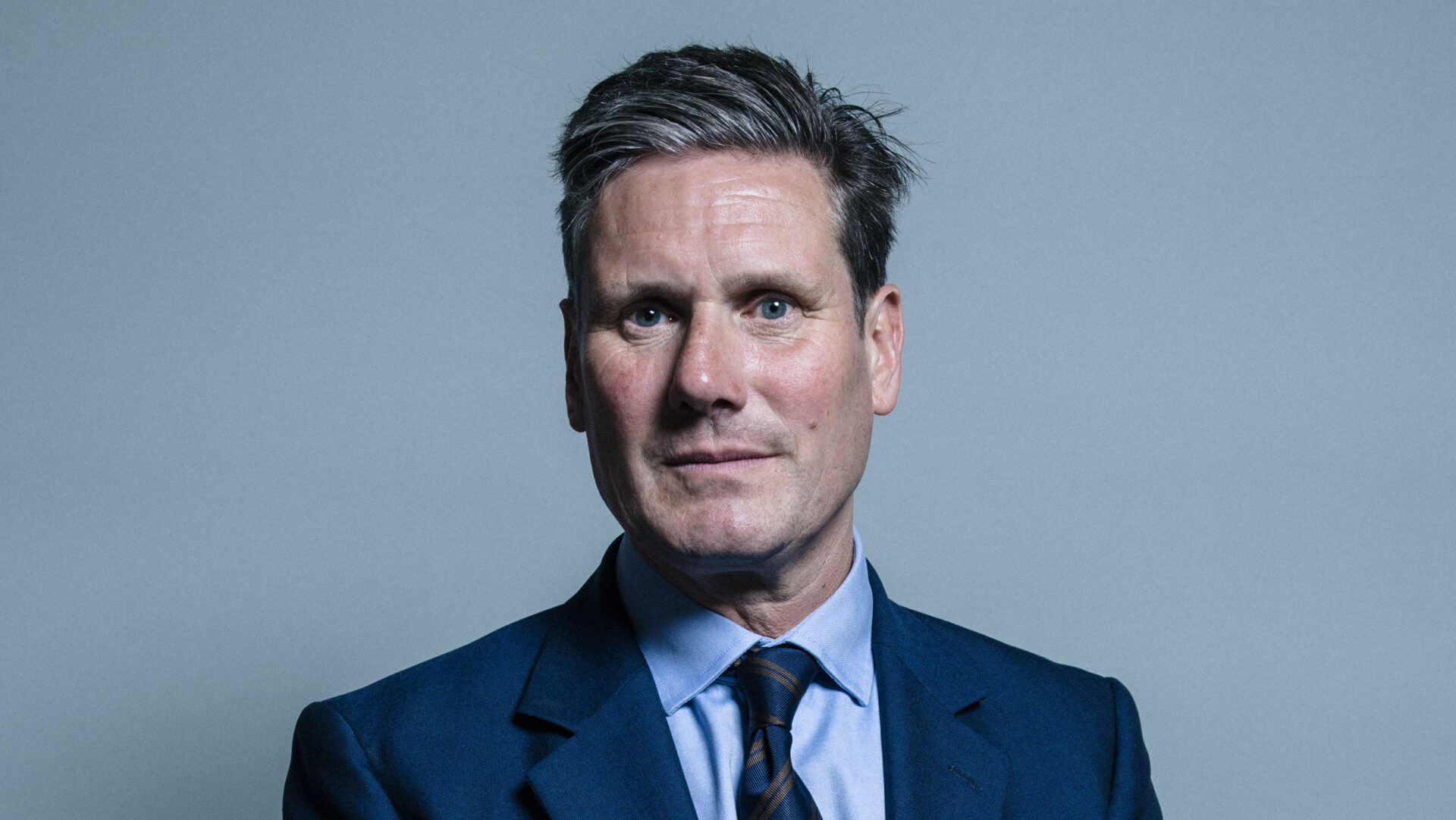The European Union has suspended funding to Georgia and paralyzed the country’s accession process after it approved the EU Accession Agreement in May.Law “foreign agents,” which sparked strong popular protests.
The announcement was made on Tuesday by the EU ambassador to Tbilisi, Pawel Herczynski, who revealed that the decision was taken at the recent European Council summit. “It is sad to see EU-Georgia relations reach such a low point when they could be at an all-time high,” the diplomat said at a press conference.
Brussels had criticised Approval of legislation that the Georgian government had championed and warned could jeopardize the European integration process.
One immediate effect is the suspension of €30 million in military aid under a peacekeeping fund set up in 2023 to support the defence of Georgia and Moldova – which Brussels sees as key Russian targets on the European continent. Both countries have areas militarily occupied by pro-Russian forces.
Georgia’s EU accession process has also been announced. In November last year, Brussels gave the green light, after years of negotiations, to grant Georgia the status of a candidate country.
However, approval “The foreign agents law was a turning point in EU-Georgia relations. At the end of June, leaders meeting at the European Council had already declared that the entry into force of this legislation would lead to a “cessation of In reality For the joining process.
Georgian Foreign Minister Ilia Darchiasvili called the decision “incomprehensible” in statements to Inter Press, citing Reuters.
a “The Foreign Agents Law, approved in May, requires any NGO that receives at least 20 percent of its funding from sources outside the country to register on a list of entities “serving the interests of foreign powers.” Once on the list, organizations are subject to close monitoring by the Justice Ministry and can face heavy fines if they fail to cooperate with authorities.
Her critics compare this testimony to legislation in force in Russia since 2012, under which many NGOs, whether defending human rights or even social media, were persecuted by Vladimir Putin’s regime and eventually forced to close their doors.
The government said the law was intended to protect Georgia’s sovereignty from outside influence, but for a large part of the population, the aim was to silence critical voices from civil society, just months before legislative elections scheduled for October in which the Georgian Dream party, in power since 2012, is set to maintain its parliamentary majority.
For several weeks, thousands of people demonstrated almost daily against the law, as they did last year. That time, the diploma was shelved, but this time the proposal was approved, even over President Salome Zurabishvili’s objections—and eventually vetoed by parliament.
The United States, another major international partner of Georgia, also announced a “review” of relations between the two countries after the law came into effect.
Last week, the Pentagon announced it would indefinitely postpone scheduled joint military exercises with the Georgian military. Visa restrictions have also been imposed on individuals “responsible for or complicit in undermining democracy” in Georgia.

“Hardcore alcohol maven. Hipster-friendly analyst. Introvert. Devoted social media advocate.”

